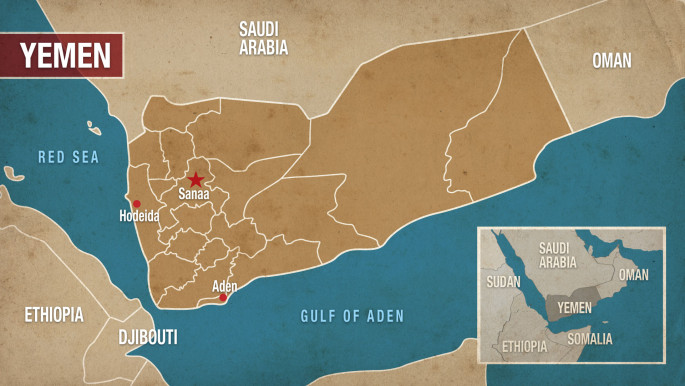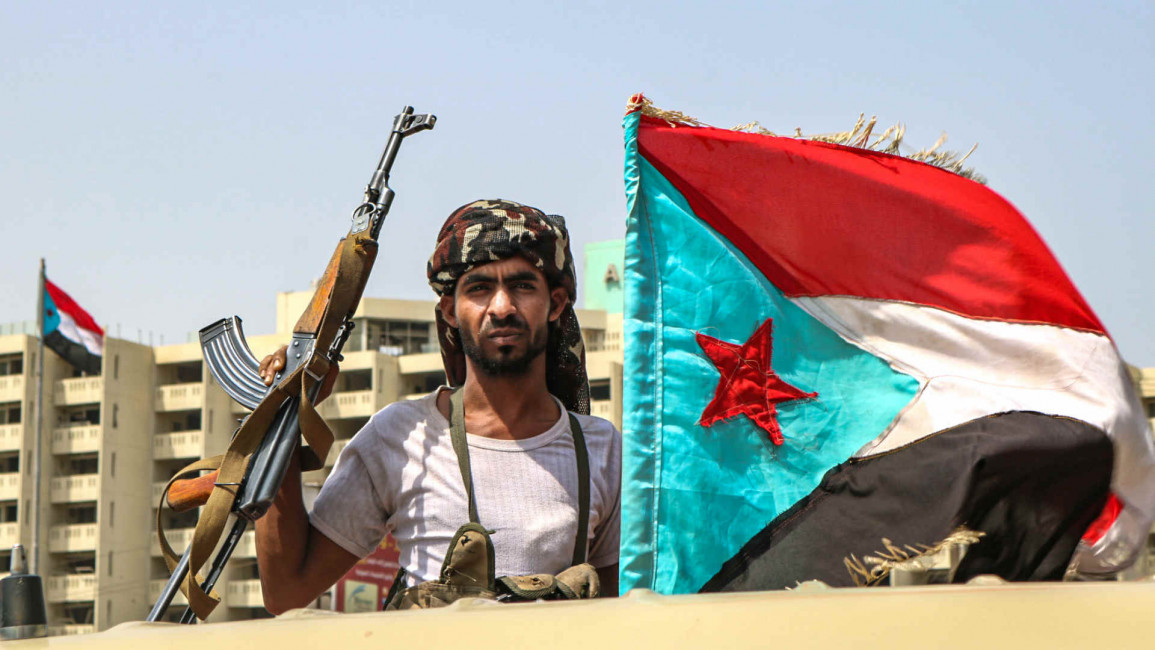Yemen government rules out talks with UAE-backed southern separatists
Yemen's internationally-recognised government on Wednesday ruled out talks with separatists who have seized key parts of the south, saying it will talk only with their main backer, the UAE.
"If there is to be a dialogue, it will be with the United Arab Emirates under the supervision of Saudi Arabia, taking into consideration the Emirates is the main factor in the conflict between us and them," Yemen's vice-Prime Minister, Ahmed al-Maisari, said.
"There was not and there will not be any sit-down with the so-called Southern Transitional Council (STC) whatsoever," he said in a voice recording uploaded to the interior ministry's YouTube channel.
"We don't want to sit with the tools but with the owners of the tools."
The UAE has trained and supported secessionists who seek an independent southern Yemen, despite being a key pillar in a Saudi-led military coalition backing the government against Iran-aligned Houthi rebels.
 |
In August, fighting between the separatists and unionist supporters of the government opened a new front in the complex war.
The Security Belt Forces - dominated by the STC - took control of the southern city of Aden, which has served as the government's base since it was ousted from the capital Sanaa by the Houthis in 2014-15.
"We will return to Aden whether through peace or war," Maisari said.
The clashes between separatists and government forces -- who for years fought on the same side against the Houthis -- have raised fears that the country could break apart entirely.
The Yemeni government has accused the UAE of launching air strikes against its troops in Aden, while the Emirates says it was acting in self-defence against "terrorist militias" threatening the Saudi-led coalition.
Comment: Saudi Arabia, UAE have lost the plot in Yemen, but it's good news for Russia
The coalition intervened in Yemen in March 2015 as the Houthi rebels closed in on Aden prompting Hadi to flee into Saudi exile.
The conflict has since killed tens of thousands of people - most of them civilians - and driven millions more to the brink of famine in what the United Nations calls the world's worst humanitarian crisis.
Follow us on Twitter: @The_NewArab


![President Pezeshkian has denounced Israel's attacks on Lebanon [Getty]](/sites/default/files/styles/image_684x385/public/2173482924.jpeg?h=a5f2f23a&itok=q3evVtko)



 Follow the Middle East's top stories in English at The New Arab on Google News
Follow the Middle East's top stories in English at The New Arab on Google News


